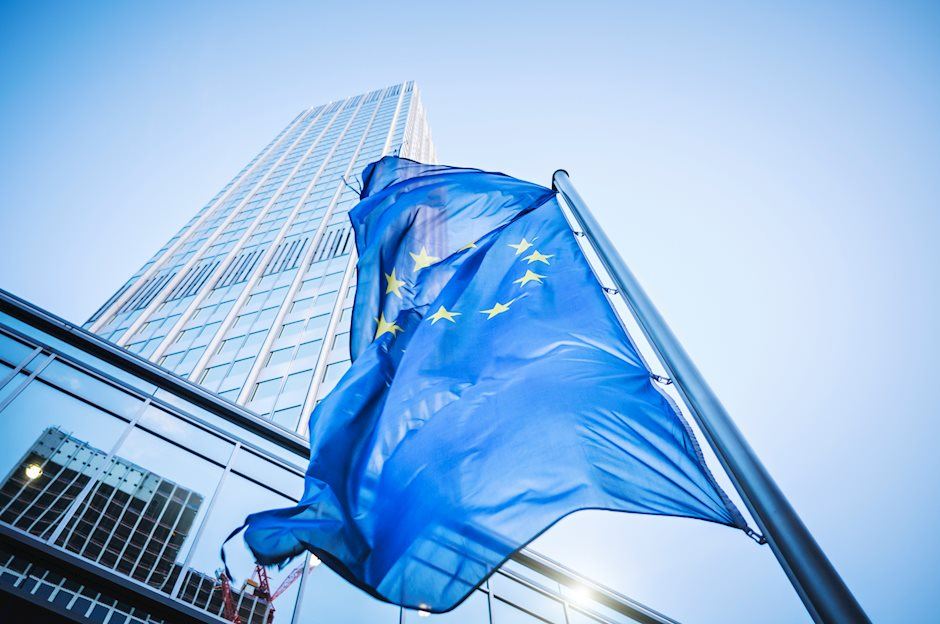Euro area macro monitor: ECB joining the party

The euro area economy maintained its growth momentum mid-way through Q2, but at an abating pace. While services activity remains strong amid pent-up demand for tourism and recreation, the manufacturing sector is still constrained by supply bottlenecks and higher prices are increasingly weighing on consumer and business confidence. Especially German consumers seem to have scaled back on spending due to high prices, with a sharp drop in retail sales during April (-5.4% m/m). Together with shrinking industrial activity and falling new orders, it supports our view of a German Q2 GDP decline, although consumer relief measures such as petrol price cuts, energy grants and subsidized public transport tickets might give some support from June.
We updated our global macro outlook in the Big Picture: A (mild) recession in western economies seems unavoidable, 3 June, and now expect the US economy to fall into a mild recession during Q2 2023 amid aggressive Fed tightening, which will also spell trouble for the euro area. While economic activity remains supported by an improving labour market, easing supply chain disruptions and accelerated investment spending on defence and the green transition, we expect rising external headwinds to weigh significantly on the growth momentum and see an elevated euro area recession risk for H2 23. Consequently, following an expansion of 2.5% in 2022, we revise our euro area GDP forecast down to 1.8% in 2023 (2.8% previously).
In a blog post, President Lagarde made it clear that the ECB intends to hike policy rates both in July and September, but also that policymakers may be forced to hike more or faster. Headline inflation rose to yet a new record high of 8.1%, driven by a further surge in food, energy and goods prices. The continued building of underlying inflation pressures leaves little room for complacency for ECB, especially as producer prices have yet to see a peak, inflation expectations still stand above the 2% goal and negotiated wage growth picked up to 2.8% in Q1 (from 1.6% in Q4 21, although partly due to one-off payments in Germany). Consequently, markets are increasingly speculating about the possibility of a 50bp hike. We expect ECB to end QE net purchases on 1 July and thereafter hike policy rates by 25bp at each meeting until March 2023, bringing the deposit rate to 1.0%. However, with more inflation upside surprises looming, we think risks are skewed for a 50bp rate hike in H2 this year (July or September most likely).
After difficult negotiations, the EU passed a sixth Russian sanctions package. The new measures seek to ban the purchase of Russian oil delivered by sea in six months and refined petroleum products in eight months. Pipeline crude would be temporarily excluded in concession to Hungary and other landlocked countries, which rely on Russian supplies through the Druzhba pipeline. The sanctions will also see Russia’s biggest bank Sberbank cut off from SWIFT and include a ban on insurance related to shipping oil to third countries. To accelerate the green transition and increase Europe's energy independence, the Commission’s new REPowerEU plan calls for EUR 300bn of investments into energy efficiency, diversification of energy supplies and accelerated rollout of renewable energy by 2030. However, ending Europe’s reliance on Russian energy will not come without short-term pain.
Author

Danske Research Team
Danske Bank A/S
Research is part of Danske Bank Markets and operate as Danske Bank's research department. The department monitors financial markets and economic trends of relevance to Danske Bank Markets and its clients.

















